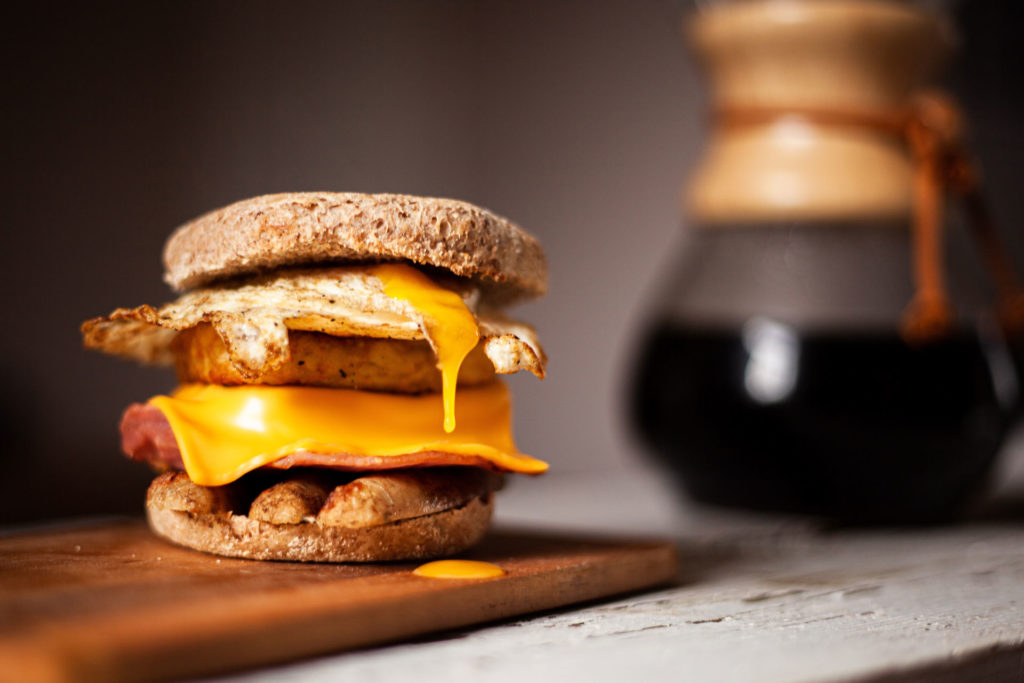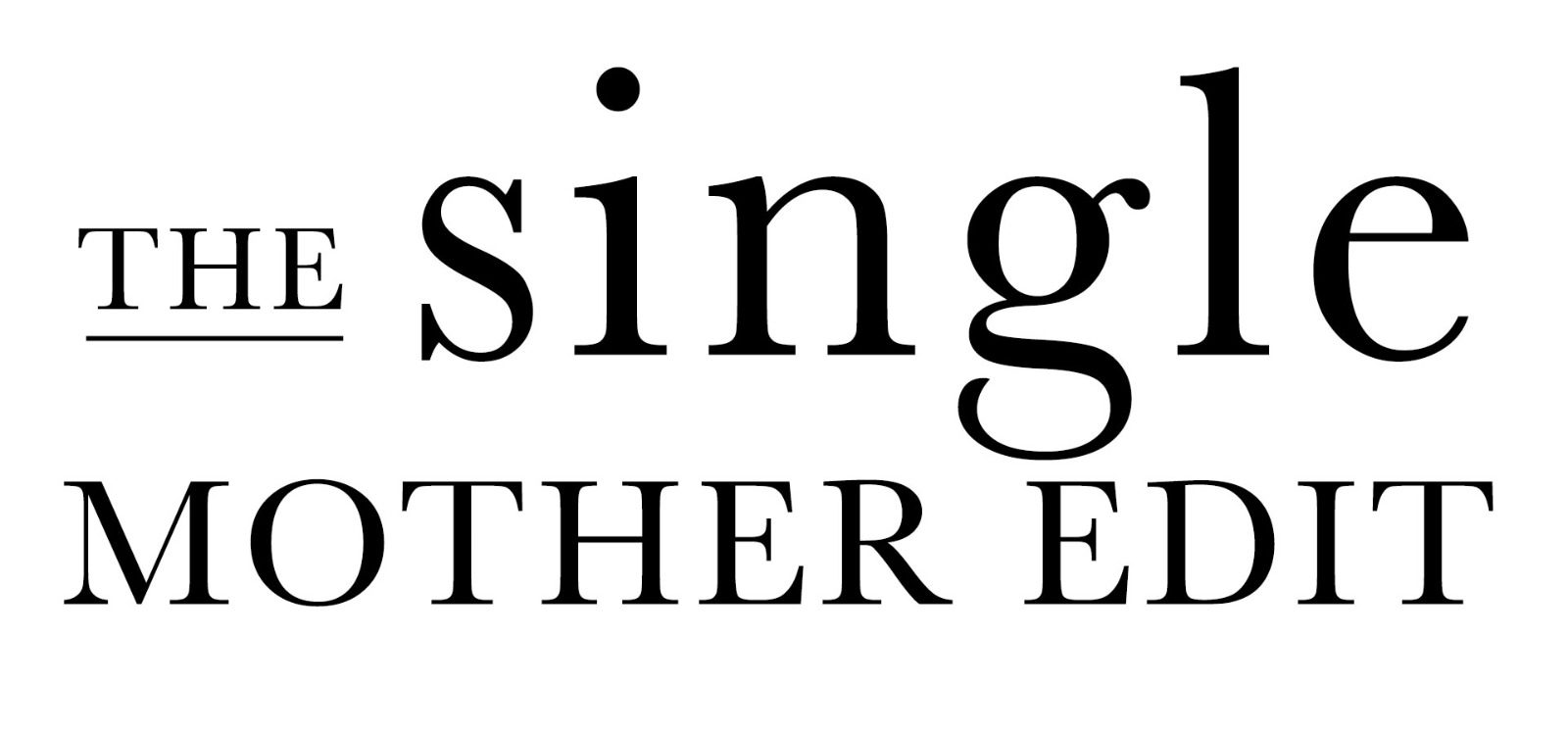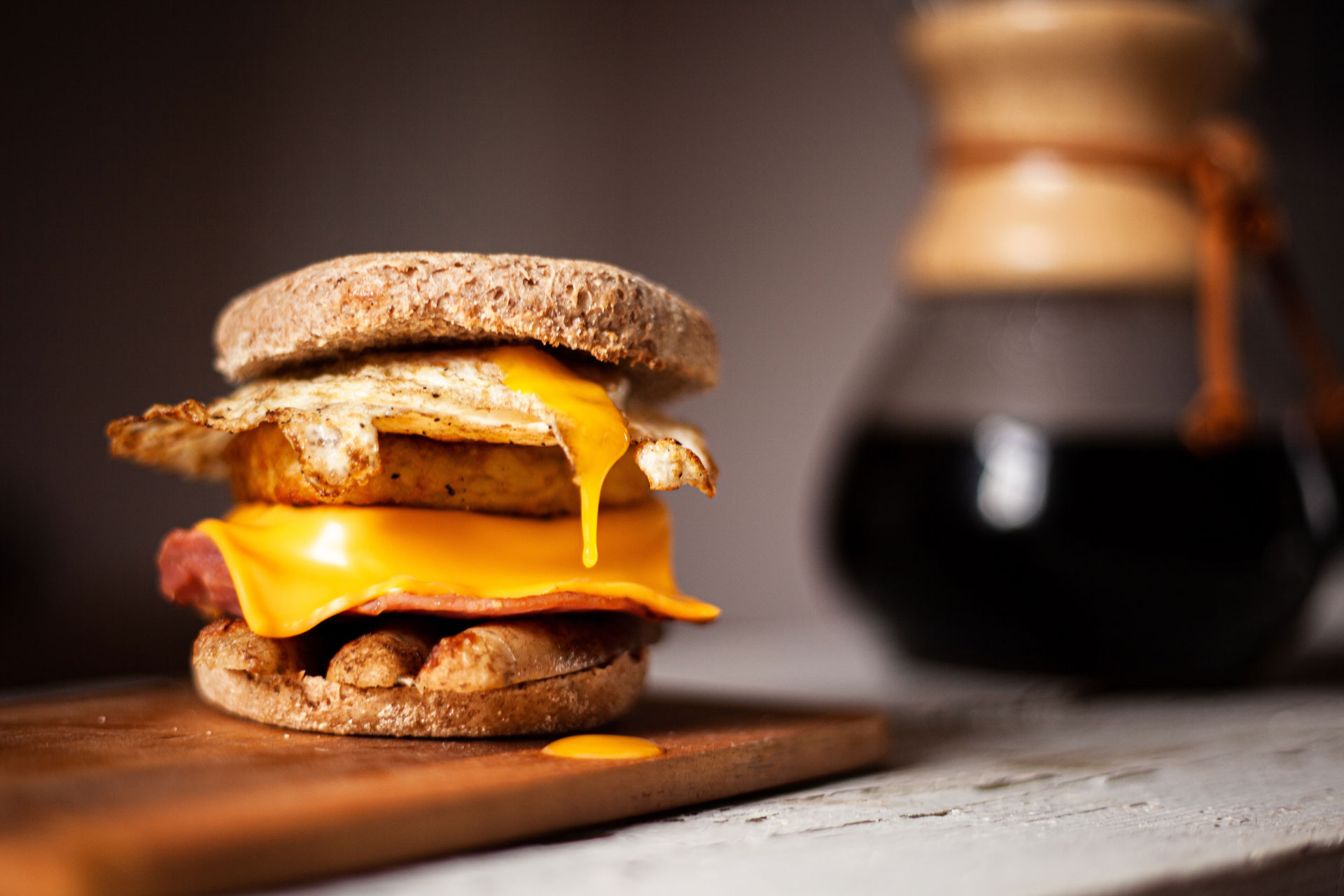What should you eat during pregnancy? This might help…
If you’re expecting, the chances are you’re probably not eating your usual diet. Either you’re feeling so sick you’re on a strict dry toast and ginger biscuits rotation, or you’re ‘eating for two’ and mainlining macaroni cheese at every meal time (and all the snack-o-clocks in between). But a recent study from The National Charity Partnership (made up of Diabetes UK, The British Heart Foundation and Tesco) revealed that only 1 in 3 expectant mothers knew how much they should be eating throughout their pregnancy. So what’s the answer?

How much should you eat during pregnancy?
Dr Helen Ford, Head of Nutrition, Glenville Nutrition Clinics says:
‘Many women use pregnancy as an ‘excuse’ to over eat because of the growing baby! However, we know that the extra demands are only in the last trimester when the baby is in need of additional fuel and nutrients.
‘The emphasis should be on quality of food and not just quantity. The baby does not want ice cream and puddings and burgers, but wholesome high energy foods like oily fish which is particularly important for brain development, avocados, nuts and seeds, wholegrains, organic natural yogurt and some cheese.’
Dr Helen recommends adding a pregnancy vitamin to your diet if you’re experiencing cravings, as these could be a sign of nutritional deficiencies.
Oh, and mainlining macaroni cheese wasn’t such a good idea after all. ‘It is important to avoid sugary, fatty foods that won’t provide any nutritional benefit and just make it harder to lose the post-baby weight. Over-eating on highly processed, sugary and refined food may also put the expectant mother at risk of developing gestational diabetes,’ says Dr Helen.
MORE PARENTING: The truth about your mummy voice
What are the best foods to eat during pregnancy?
Dr Marilyn Glenville PHD, author of Getting Pregnant Faster, shares her recommended list of top foods for expectant mothers:
‘Complex Carbohydrates (Low GI): These are the body’s primary source of fuel and provide slow releasing energy. They are also a good source of fibre and help to prevent constipation. Examples include brown rice, oats and wholegrain bread.’
‘Calcium: Calcium is needed for healthy bone formation and for controlling blood-clotting mechanisms. If there is not enough calcium in the mother’s diet it will be taken from her bones. Mothers are believed to lose up to 7% of their calcium stores during pregnancy. Good sources include, hard cheese, soya, salmon and sardines, green vegetables, almonds, pumpkin seeds, cooked dried beans.’
‘Vitamin K: Vitamin K is essential for blood clotting and for healing the womb after the birth of the baby. It is normally produced by gut bacteria, but it is also available from cauliflower and all the green leafy vegetables.’
‘Fibre: Fibre is important during pregnancy to maintain a healthy bowel and prevent constipation (particularly prevalent towards the end of the pregnancy). Straining can often lead to post-natal piles. Good soluble fibre can keep the stools soft and moving but avoid bran. Foods rich in fibre include, Whole grains, fruit and vegetables, nuts and seeds. You can also soak a tablespoon of whole linseeds in a glass of water overnight and swallow with an extra glass of water to help with the bowel.’
READ MORE: How to Stop Your Toddler Having a Tantrum
‘Healthy Fats: These provide you with energy, help to build cell walls and are used to develop your sex and stress hormones. Polyunsaturated fats and especially the Omega 6 and Omega 3 series of fats that are found in nuts, seeds and oily fish are of benefit to you and should be included in the diet. DHA an essential fatty acid found in oily fish is very important for the development of the brain and nervous tissue of the baby.’
So pack away the pickles, step away from the Snickers and turn your back on takeaways. Or, just survive those 9 months any way you can and pop a vitamin pill a day, at the very least.

